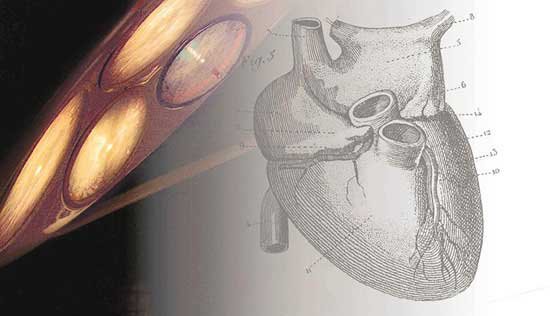Insurance fears may stop organ donations Sat, July 7, 2007A local specialist's study on the issue is published in a U.S. medical journal. By CHIP MARTIN, SUN MEDIA |
Thinking of donating an organ to a loved one but worried your insurance company may want an arm and leg if you do?
You're not alone, preliminary research by a London kidney specialist suggests.
One in seven living organ donors -- those who donate a kidney or part of their liver -- worry about their life and medical insurance, while potential donors worry about losing their insurance entirely.
Dr. Robert Yang at the Lawson Health Research Institute is looking into whether donors are discriminated against by insurers, who insist publicly that isn't the case.
His work is highlighted in the June edition of the American Journal of Transplantation, the leading medical publication in that field.
In his review of 41 years of research from several countries, Yang said he found "discrepancies" in what happens. He's anxious to determine if the "label" attached to donors causes insurance problems.
"We won't use the word discrimination yet," he said of the findings he expects from his work, funded by the Kidney Foundation of Canada.
"Some studies in the past have actually shown kidney donors as a whole are actually healthier than the general population."
That's not surprising because a clean bill of health is required for any donor.
"For life insurance, if a group lives longer, they should be charged a lower premium than the general population," Yang said.
If the next phase of his work shows no discrimination, doctors should share that with potential donors to alleviate fears, he said.
And legislation should be enacted to prevent insurers charging higher premiums or dropping clients because of donations.
A bill that sought to treat organ donation as a "pre-existing" medical condition for insurance purposes failed to pass in the United States, he noted.
If there's discrimination, or even uncertainty, doctors should share that with potential donors before making their decision, he said.
Given the shortage of available organs, Yang said "as a physician, I want to do everything I can to increase transplantation rates."
He said he's aware of a local man beset by fears about insurance and another in Edmonton who lost his insurance as a result of donation.
In London, Joe Rapai has been awaiting a liver transplant for nearly three years and he's concerned hesitancy by potential donors may be part of the reason for a shortage of organs.
"Live donors would step forward with less hesitation if the insurability issue was addressed," said the director of education for the London District Catholic school board, who is on medical leave.
Rapai said governments should ensure there is no discrimination taking place.
Researcher Yang said most donors still want to proceed with what he calls "one of the most selfless acts one can do."

No comments:
Post a Comment